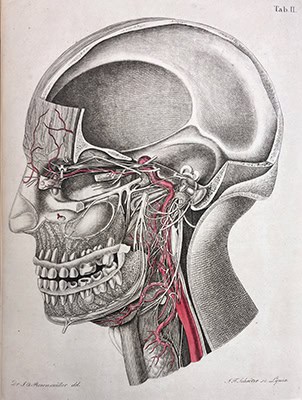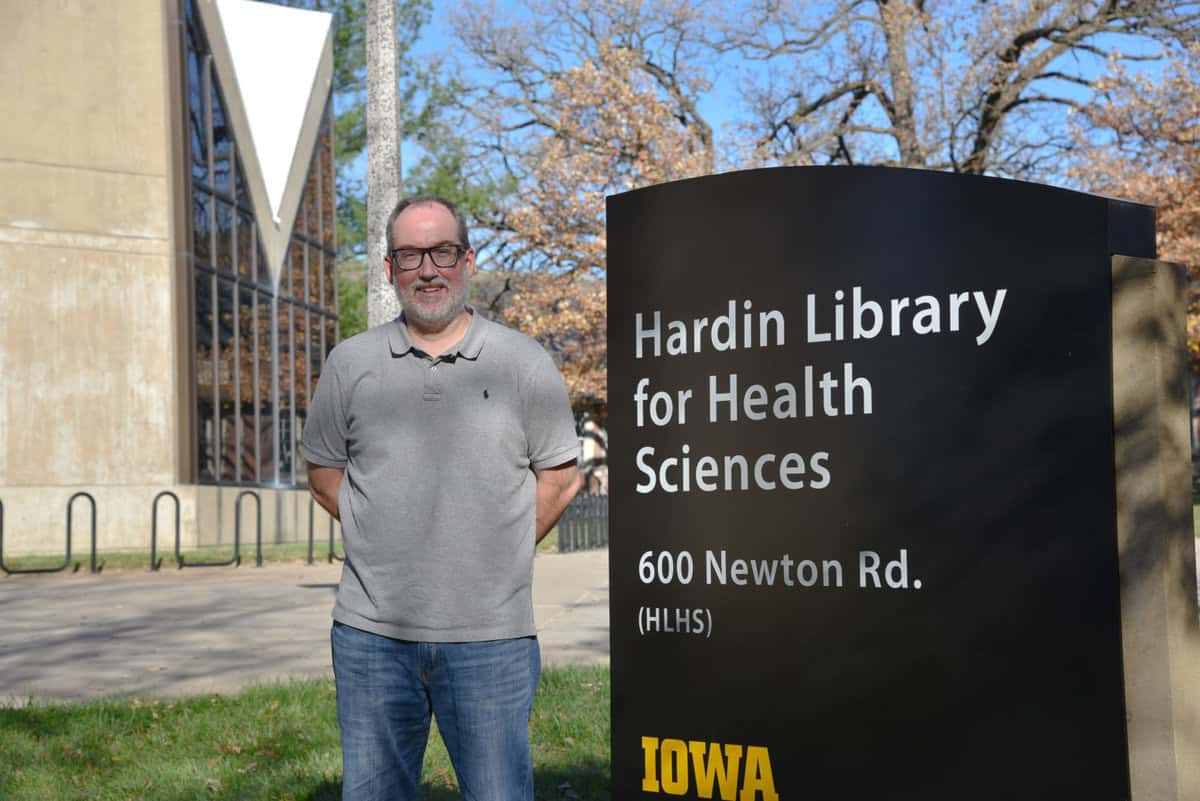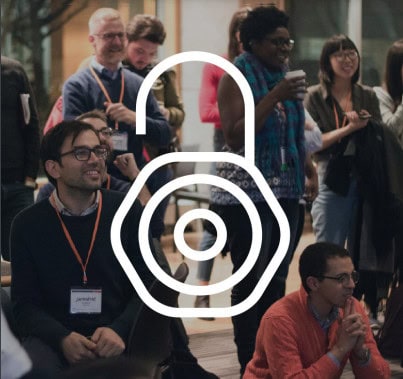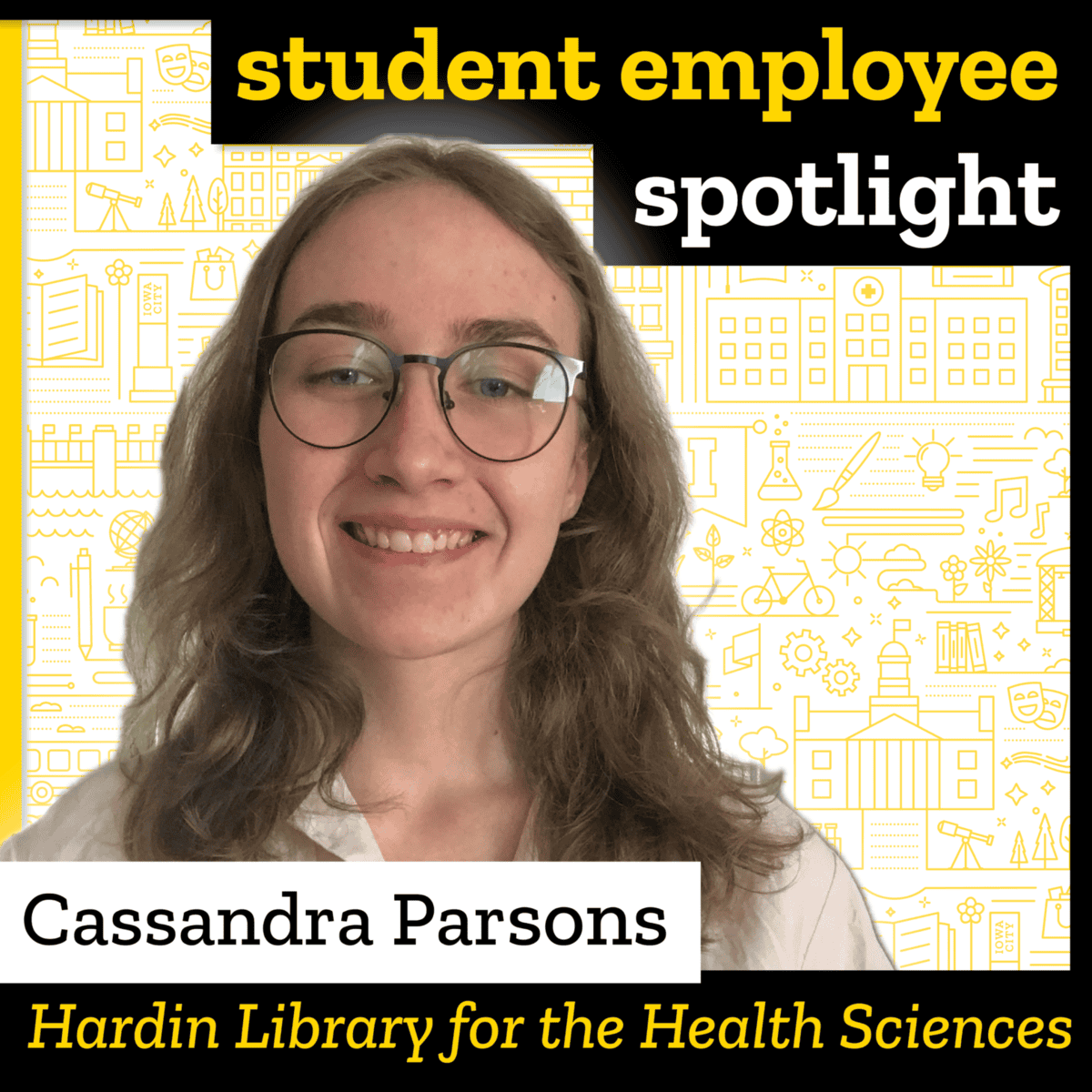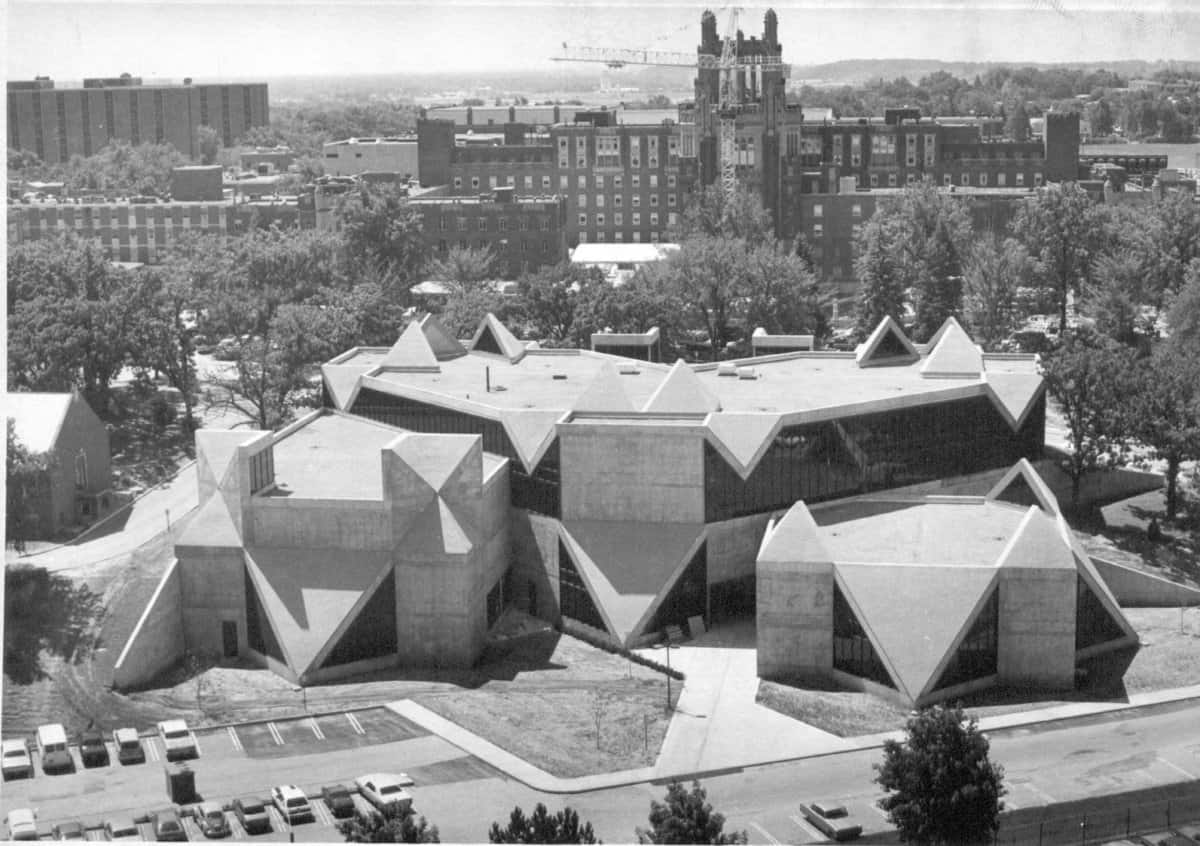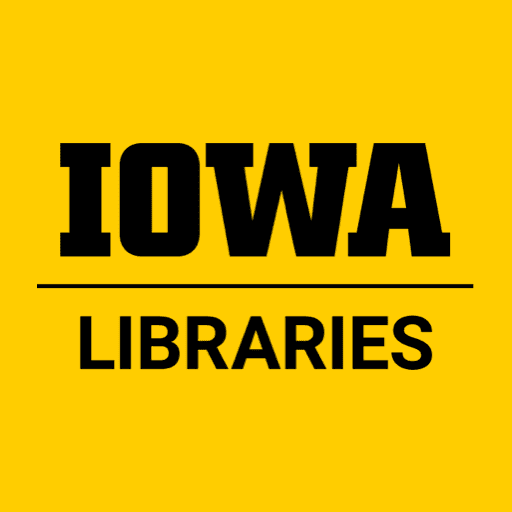The time for Love Data Week 2026 has come, with this year’s theme, “Where’s the Data?”, encouraging us to consider the journey that data undertakes from creation to application. Previously, we discussed how to implement good data management practices in your research. So, what next? Sharing your data and making it findable and discoverable toContinue reading “Love Data Week 2026: Data Discoverability”
Category Archives: Hardin
Love Data Week 2026: Keeping Track of Your Data
The time for Love Data Week 2026 has come, with this year’s theme, “Where’s the Data?”, encouraging us to consider the journey that data undertakes from creation to application. The first step in the journey of research data is its creation during the research process. At this stage, it’s important for you as researchers toContinue reading “Love Data Week 2026: Keeping Track of Your Data”
Love Data Week 2026: February 9-13
Love Data Week 2026 is upon us, and the Big Ten Academic Alliance (BTAA) is hosting a series of free virtual events to celebrate from Monday, Feb. 9, through Friday, Feb. 13. From hands-on workshops and expert panels to data visualization competitions and networking opportunities, Love Data Week offers students, faculty, staff, and researchers acrossContinue reading “Love Data Week 2026: February 9-13”
Nine featured books from the John Martin Rare Book Room
Explore nine of the latest additions to the John Martin Rare Book Room (JMRBR) collection.
Inside the UI Libraries with Chris Childs
Inside the University of Iowa Libraries is your look behind-the-scenes to meet the people and discover the stories making our organization unique and valuable. From cutting-edge databases to rare books, join us to explore a world of research, preservation, and discovery that fosters student success through countless touchpoints. Chris Childs’ journey in librarianship began whenContinue reading “Inside the UI Libraries with Chris Childs”
Learning about Diamond Open Access–OA Week 2024
During the week of Oct. 21–27, 2024, the University of Iowa Libraries is celebrating International Open Access Week by sharing updates and information about all things open access. In the Libraries’ Scholarly Impact Department, we get a lot of questions from UI authors who are interested in publishing their research open access (OA), but don’tContinue reading “Learning about Diamond Open Access–OA Week 2024”
Student employee spotlight: Cassandra Parsons
When Hawkeye senior Cassandra Parsons arrived on the University of Iowa from her hometown of Williamsburg, Iowa, she knew that a student job would be a key part of her time as an undergraduate. And when Parsons, an English and creative writing major and anthropology minor, started work as a student assistant at the HardinContinue reading “Student employee spotlight: Cassandra Parsons”
UI Hardin Library to celebrate 50 years and fourth floor renovations to improve user experience
Hardin Library for the Health Sciences at the University of Iowa Libraries is recognizing two milestones in May 2024: the completion of a major renovation to its fourth floor, including the John Martin Rare Book Room, and serving students, faculty, and staff for 50 years. Construction started in October 2022 to convert the fourth floor intoContinue reading “UI Hardin Library to celebrate 50 years and fourth floor renovations to improve user experience”
Get expert help with your data management plan
Do you need a data management and sharing plan (DMSP) for your grant proposal? The University of Iowa Libraries Research Data Services can help! Brian Westra, data services librarian, is available to help you create a data management plan in alignment with funding agency requirements. If you have questions about: Which repository is most appropriateContinue reading “Get expert help with your data management plan”
13 student library workers receive scholarships for 2023–24
Student library employees are a crucial part of what makes the University of Iowa Libraries such a valuable, accessible resource for the community on campus and beyond. We’re grateful that these dedicated students make time alongside their classes to work with us, directing users to needed resources, caring for materials, and contributing their ideas toContinue reading “13 student library workers receive scholarships for 2023–24”


